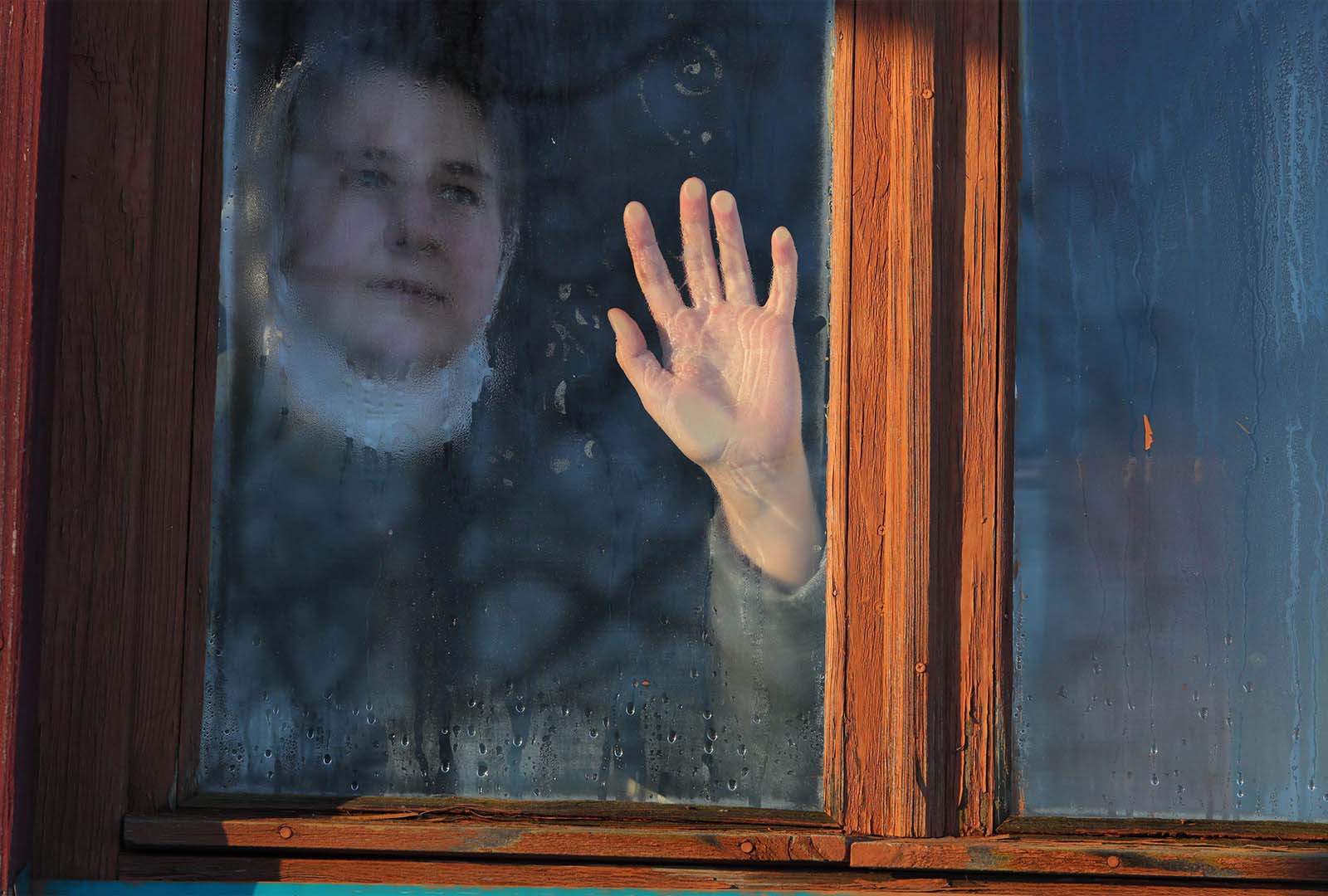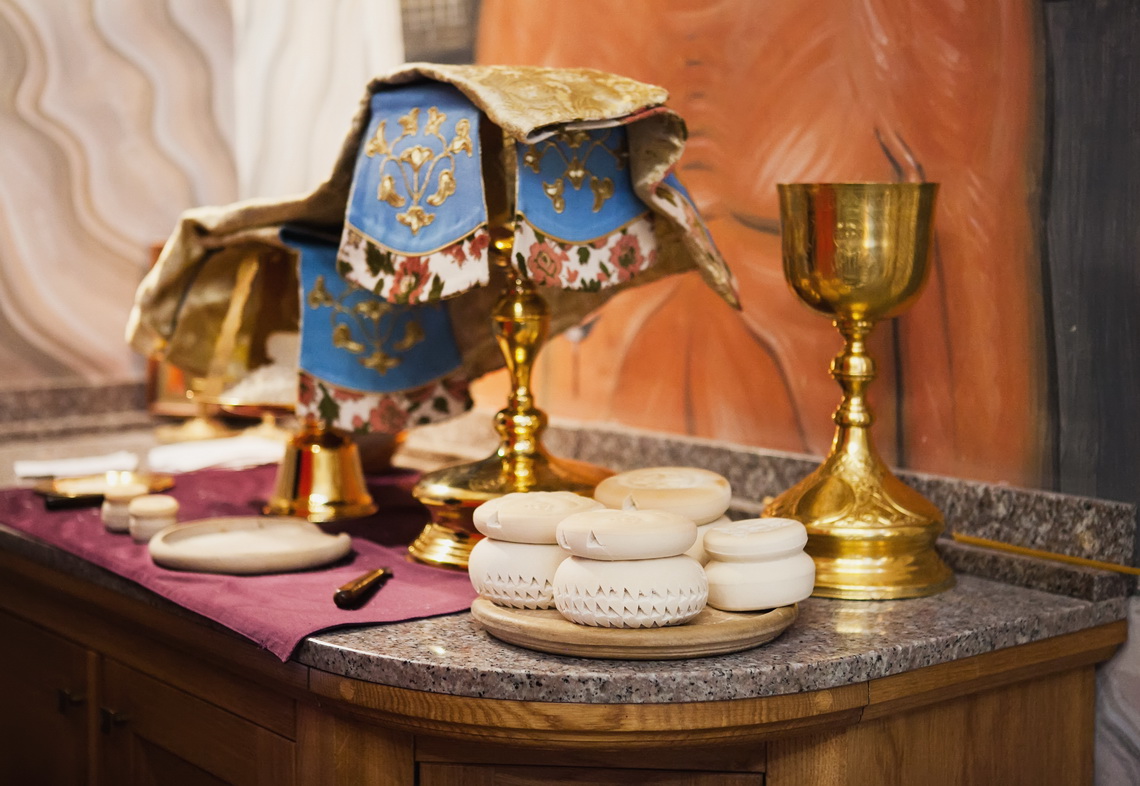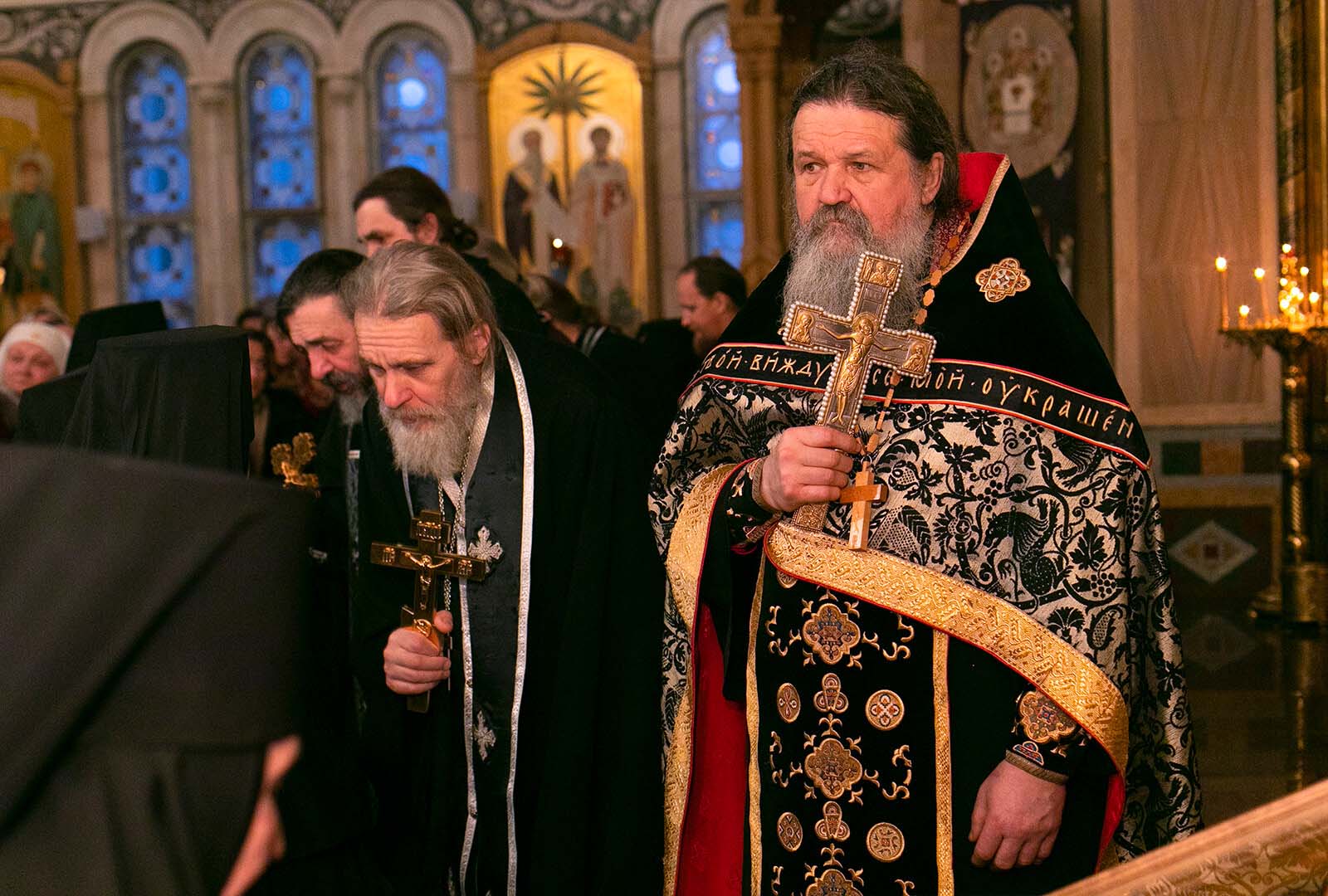In the Orthodox tradition, almsgiving is the third main virtue after prayer and fasting. Our Lord Jesus Christ and many of His Saints have talked about the importance of giving alms. So what is this virtue all about and what can we do to help those around us?
In the teachings of Christ that we find in the Gospel, we see that almsgiving always coincides with prayer and fasting. The main reason for this is because when we fast and pray (which is something we try to do more of right now, during the Great Lent), we must show our love for God and for all people through helping others and being generous.
While it is a virtue, almsgiving can easily turn into quite the contrary. That happens when we are boastful about our generosity:
“But when you give alms, do not let your left hand know what your right hand is doing, so that your alms may be in secret; and your Father who sees in secret will reward you.” (Matthew 6.1-4).
Do we really love God and our neighbour if we don’t help people, especially the poor and the needy? You and I both know that this is not the case. Here is a passage from the first Epistle of John that reaffirms this:
“. . . if anyone has the world’s goods and sees his brother in need, yet closes his heart against him, how does God’s love abide in him?” (1 John 3:17)
Giving alms was seen as a great virtue even in the Old Testament. In the Law of Moses we read, “If there is among you a poor man, one of your brethren, in any of your towns within your land which the Lord your God gives you, you shall not harden your heart or shut your hand against your poor brother, but you shall open your hand to him, and lend him sufficient for his need, whatever it may be.” (Deuteronomy 15:7-8)
All Church Fathers and many of the saints agreed on that almsgiving is something every Christian must do on the path to salvation.
“The bread you do not use is the bread of the hungry. The garment hanging in your wardrobe is the garment of the person who is naked. The shoes you do not wear are the shoes of the one who is barefoot. The money you keep locked away is the money of the poor. The acts of charity you do not perform are the injustices you commit.” (St. Basil the Great)
“Through the cheap price of doing good to men, we can acquire the priceless Kingdom of God.” (Philaret, Metropolitan of Moscow)

What does it mean to give alms today? Do we have to give away all of our money and possessions to the poor? Not really. Giving alms simply means being generous and sharing or helping others in any other way.
If there’s a poor person begging for money to buy food or clothes, we should buy it for them or give them some money. Right now there are so many homeless people begging on the streets of big cities!
But what if we don’t see any homeless, poor, naked or hungry person to help? We must help any person who needs it, whether they are poor or not. For example, if your friend feels lonely and down, talking to them and cheering them up is a great way to give alms!
If one is giving away millions to the homeless but hates their family, are they really giving alms? People around you might need your love, your attention, your assistance or just your prayer. This is how you can help your neighbour and serve Christ every single day.

As Christians, we are called to forgive everyone, even our enemies:
“And when you stand praying, if you hold anything against anyone, forgive them, so that your Father in heaven may forgive you your sins.” (Mark 11:25)
By forgiving others and asking for forgiveness, we are doing good to people and to our own souls. This can definitely be considered as a form of almsgiving and must always come together with prayer and fasting. Great Lent is the best time to practice those virtues.
This is why on the eve of Great Lent we have a day called the Forgiveness Sunday. On this day we serve the All-night Vigil service and after it we conduct the Rite of Forgiveness. The priest says a sermon and asks for forgiveness in front of all the faithful. After that people ask the priest and each other for forgiveness as well, starting the Lent with a pure heart.

Father Andrey Lemeshonok offered a beautiful Forgiveness Sunday sermon. Here are some quotes from that sermon which might inspire you to practice the main Lenten virtues: almsgiving, fasting and prayer!
“We don’t start fasting because we want to lose weight or become healthier, but rather because we want to come closer to Christ, to resurrected Christ, and to let Him into our hearts. That’s why we fast.”
“Saying I’m sorry this Forgiveness Sunday is something we all really need to say. We will need it when we leave into Eternity.”
“We have to remember that Christ has risen from the dead. That’s when we realize that the state of weakness, that we find ourselves in is not the end. It’s just a challenge. It’s our life’s trial, which is happening and will probably continue to happen. In this trial we will have to affirm that Christ has resurrected and that there’s no death.”
“The Church blesses us to ask for forgiveness. We try to do so, but we don’t really believe we can change for the better. I ask for forgiveness, but I know I won’t change, probably will even become worse. Regardless of that I will continue to believe that Christ won’t turn away from me.”
"Right now the Church invites us to work on ourselves. It also gives us the beauty and greatness of Lenten spiritual texts and hymns. It’s the saints’ thoughts written down on paper, it’s such a treasure. The Church gives it to us so that we can reach the Holy Pascha. So that we can defeat death. So that we can live forever. So that we can enter a place where there will be no vanity. There will be fullness, there will be Christ."